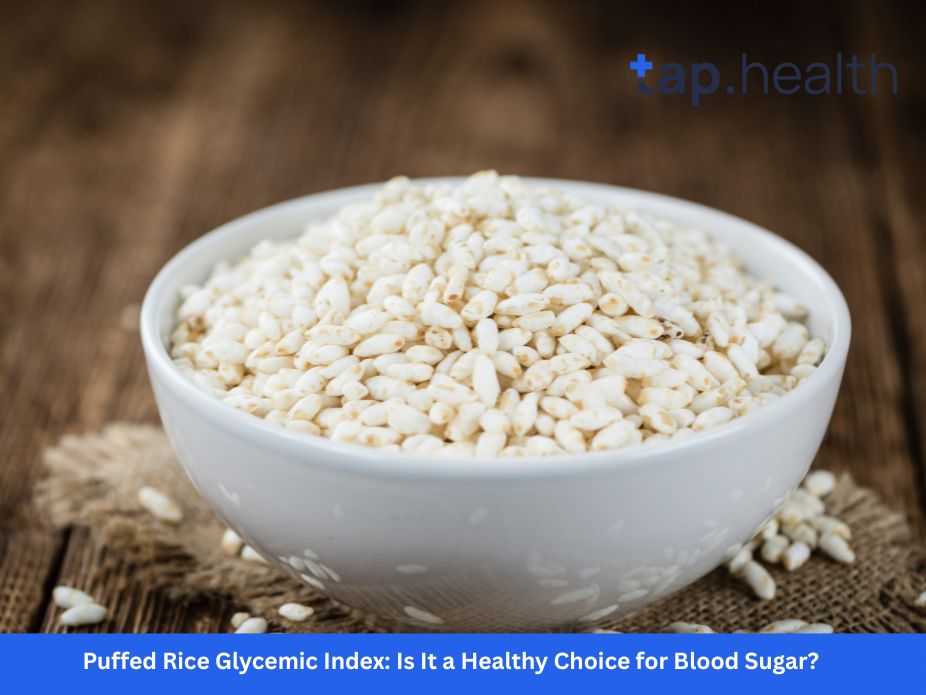Pregnancy brings with it many changes in the body, and expectant mothers often find themselves seeking answers to various questions about their diet. One commonly asked question is: Are grapes good for pregnancy?
Grapes, with their sweet taste and juicy texture, are a popular fruit worldwide. But when you’re pregnant, it’s important to understand how different foods affect both your health and the development of your baby. In this article, we will explore whether grapes are safe to eat during pregnancy, their health benefits, potential risks, and how to enjoy them safely.
What Are Grapes?
Grapes are small, round fruits that grow in clusters on vines. They come in various colors, including green, red, and purple, and are known for their natural sweetness and high water content. Grapes can be eaten fresh or used in various products like juice, wine, or dried grapes (raisins).
Packed with nutrients, antioxidants, and vitamins, grapes are a delicious and nutritious snack. But are they safe and beneficial during pregnancy? Let’s take a closer look.
Health Benefits of Grapes During Pregnancy
Grapes offer a range of health benefits that can be particularly useful during pregnancy. Here are some of the reasons why grapes can be a healthy addition to your diet:
1. Rich in Vitamins and Antioxidants
- Grapes are packed with essential vitamins such as Vitamin C and Vitamin K. Vitamin C helps boost the immune system, supports healthy skin, and enhances the absorption of iron, which is vital during pregnancy. Vitamin K plays a key role in blood clotting and bone health.
- Grapes also contain powerful antioxidants like flavonoids and resveratrol, which help combat free radicals and reduce oxidative stress, protecting your cells from damage.
2. Boosts Hydration
- Grapes have a high water content (about 80% water), making them a great option for staying hydrated during pregnancy. Proper hydration is crucial for maintaining amniotic fluid levels, improving digestion, and promoting healthy skin.
3. Supports Digestive Health
- Grapes are a good source of dietary fiber, which helps maintain healthy digestion and prevent constipation—a common issue during pregnancy. Fiber also promotes regular bowel movements and supports overall gut health.
4. Helps Regulate Blood Sugar Levels
- Despite their sweetness, grapes have a low glycemic index (GI), which means they do not cause rapid spikes in blood sugar levels. This makes them a good choice for pregnant women, especially those at risk of gestational diabetes. Consuming grapes in moderation can help maintain stable blood sugar levels.
5. Improves Heart Health
- Grapes, especially red and purple varieties, are rich in antioxidants like resveratrol, which have been shown to support heart health. They help reduce inflammation and lower the risk of developing heart-related complications, which is especially important during pregnancy when the body undergoes significant changes.
6. Prevents Iron Deficiency
- Grapes, particularly red grapes, contain a small amount of iron. While they are not a major source of iron, they can still contribute to maintaining healthy iron levels when paired with other iron-rich foods. This is crucial for preventing anemia during pregnancy.
Risks of Eating Grapes During Pregnancy
While grapes offer numerous health benefits, there are a few potential risks that pregnant women should be aware of when consuming them:
1. Pesticide Residue
- Grapes are often treated with pesticides to protect them from pests and disease. Eating grapes with pesticide residues can potentially harm both the mother and the baby. To minimize exposure to pesticides, always wash grapes thoroughly before eating. If possible, opt for organic grapes, which are less likely to contain harmful chemicals.
2. Foodborne Illness
- Like any fresh produce, grapes can be contaminated with harmful bacteria such as Salmonella or Listeria if not handled properly. These bacteria can cause foodborne illness, which can lead to complications during pregnancy, such as dehydration or miscarriage. To reduce the risk of foodborne illness, wash grapes thoroughly under running water and store them properly.
3. Overconsumption of Sugar
- Grapes, like many fruits, contain natural sugars. While these sugars are healthier than processed sugars, consuming too many grapes can lead to an excessive sugar intake, which could contribute to gestational diabetes or excessive weight gain. Moderation is key to ensure that grapes are part of a balanced diet.
4. Grapes and Alcohol
- While fresh grapes are safe to eat during pregnancy, grape juice or wine should be consumed with caution. Alcohol consumption during pregnancy can lead to serious developmental issues for the baby. Pregnant women should avoid alcohol completely, so be mindful of consuming grape juice or wine during pregnancy.
How to Safely Eat Grapes During Pregnancy
To enjoy the health benefits of grapes while minimizing potential risks, here are some tips on how to safely include them in your pregnancy diet:
1. Wash Thoroughly
- Always wash grapes thoroughly before eating to remove pesticides, bacteria, or dirt. You can rinse them under running water or soak them in a vinegar-water solution for a few minutes to help remove pesticide residues.
2. Eat in Moderation
- Grapes are nutritious, but they are also high in natural sugars. Eating them in moderation ensures that you get the health benefits without overconsuming sugar. Stick to a small portion size (about 10-15 grapes per serving) and balance them with other fruits and vegetables.
3. Choose Organic Grapes
- If possible, choose organic grapes to reduce your exposure to pesticides. Organic grapes are grown without the use of synthetic chemicals and are a safer option for you and your baby.
4. Avoid Grape Juice and Wine
- While fresh grapes are safe to eat, avoid consuming grape juice or wine during pregnancy. Alcohol can cross the placenta and harm your baby, and store-bought grape juice may also contain added sugars and preservatives.
5. Incorporate Grapes into Balanced Meals
- Grapes can be enjoyed as a snack, but you can also incorporate them into balanced meals. Add them to salads, yogurt, or smoothies for a nutritious boost. Combining them with other pregnancy-friendly foods like nuts, seeds, or dairy can provide a variety of nutrients.
When Is It Best to Eat Grapes During Pregnancy?
Grapes can be enjoyed at any stage of pregnancy, but here are some tips on when they might be most beneficial:
- During Hot Weather: Grapes are hydrating and refreshing, making them perfect for hot weather or summer months.
- For Hydration: If you’re struggling with dehydration, grapes can help replenish lost fluids and keep you hydrated.
- As a Healthy Snack: Grapes are easy to pack and carry, making them an ideal snack to munch on between meals.
FAQ Section: Are Grapes Good for Pregnancy?
1. Are grapes safe to eat during pregnancy?
Yes, grapes are generally safe to eat during pregnancy when washed thoroughly and consumed in moderation. They are packed with vitamins, antioxidants, and fiber, which can be beneficial for both the mother and the baby.
2. Can grapes help with morning sickness?
While there’s no direct evidence that grapes relieve morning sickness, their refreshing taste and hydration properties may help alleviate nausea in some women. However, if you’re experiencing severe morning sickness, it’s best to consult your healthcare provider.
3. Do grapes help with constipation during pregnancy?
Yes, grapes contain fiber, which can help prevent constipation—a common issue during pregnancy. Fiber promotes healthy digestion and regular bowel movements.
4. Can eating too many grapes cause issues during pregnancy?
Eating grapes in moderation is generally safe, but overconsumption can lead to excessive sugar intake, potentially contributing to gestational diabetes or excessive weight gain. Moderation is key.
5. Can I drink grape juice during pregnancy?
It’s best to avoid grape juice during pregnancy, especially if it contains added sugars or preservatives. Additionally, grape wine should be completely avoided due to the risks of alcohol during pregnancy.
Conclusion
Grapes are a nutritious and hydrating fruit that can offer several health benefits during pregnancy, such as improving digestion, boosting hydration, and providing essential vitamins and antioxidants. However, it’s important to wash them thoroughly to reduce the risk of foodborne illness, and consume them in moderation to avoid excessive sugar intake. Grapes can be a healthy part of your pregnancy diet when consumed safely and in balanced portions. Always consult with your healthcare provider if you have any specific dietary concerns during pregnancy.



